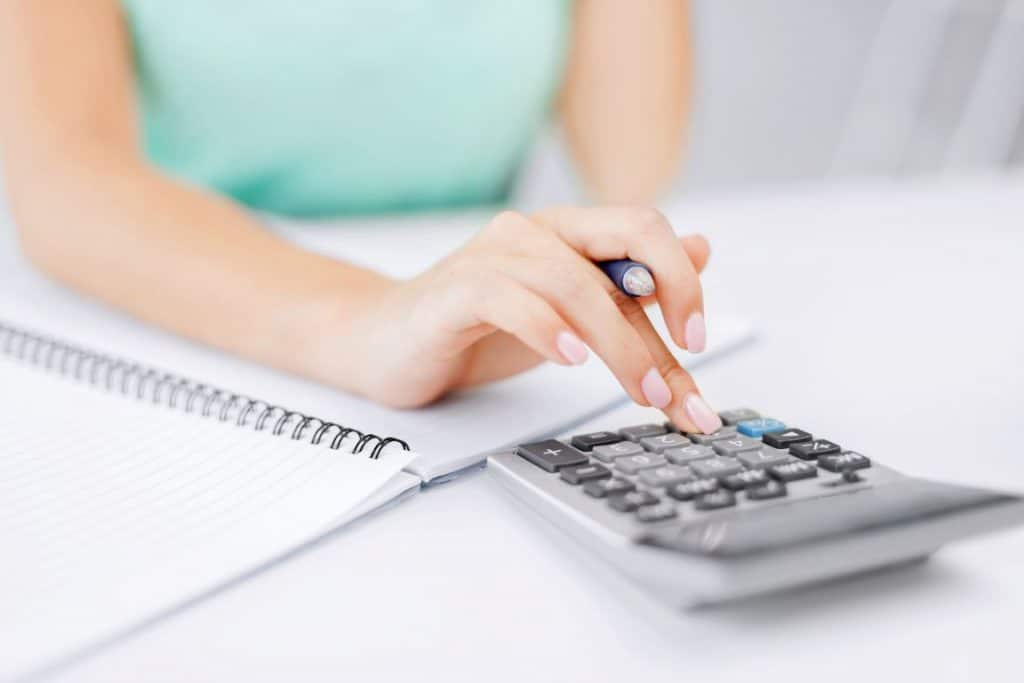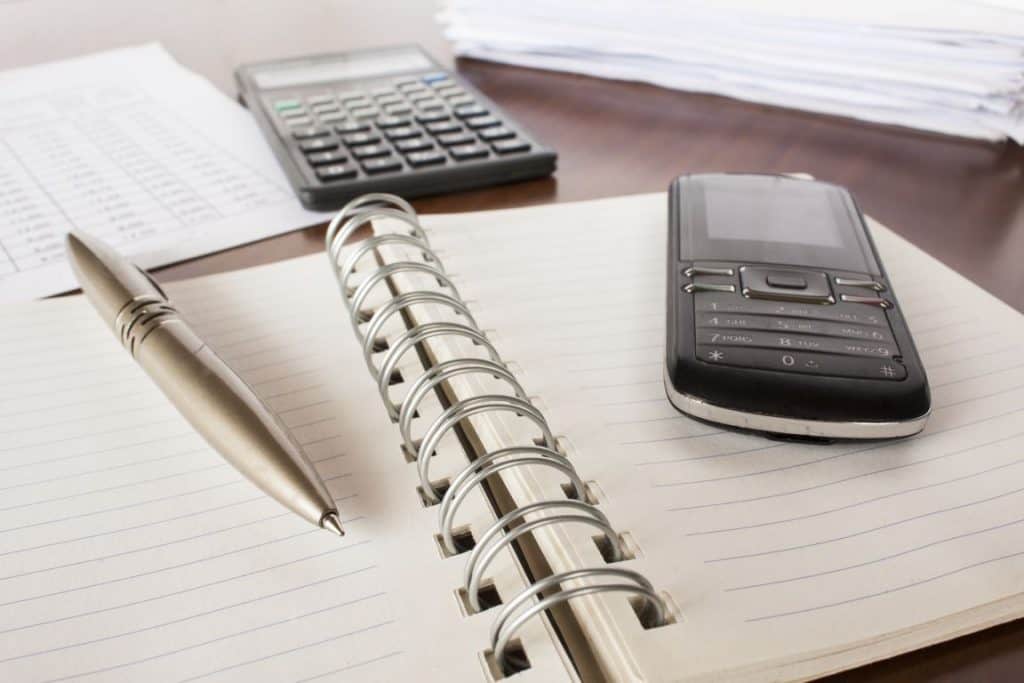Want to know more about Furnished Holiday Lets Tax Allowance? You are in the right place!
Whether you’ve just purchased a holiday let for the first time or you’re an experienced commercial property manager adding another asset to your empire, you’ve likely been advised to write off as many business expenditures as possible in order to reclaim tax on them.
However, a lesser-known tax rebate that you might not be familiar with is the furnished holiday lets tax allowance, more broadly known as a capital tax allowance.

If you own a static caravan or you are a lodge owner within the UK and use these properties for commercial purposes, you may be eligible for significant tax relief.
Although the ability to reclaim this type of tax has existed since the Capital Allowance Act 2001, it is still significantly underutilised and unknown to many property managers. It is generally a largely misunderstood area of tax.
This article will detail what embedded capital allowances are in relation to furnished holiday lets and what you can do to claim a tax rebate from them.
Specialised tax agencies, such as HMA Tax, can help furnished holiday property owners identify unclaimed capital allowances and receive tax refunds, guaranteed to be fully HMRC compliant to get you the maximum tax refund.
Caravan Sleeps only recommends products that we’ve tested or significantly researched. This page contains affiliate links that, at no additional cost to you, may earn a small commission for the site.
Related Articles:
- The Real Cost Of Owning A Static Caravan
- Complete List Of Static Caravan Site Fees 2023
- Static Caravan Insurance Guide
What Are Embedded Capital Allowances?

Generally, embedded capital allowances are a type of tax relief available on capital expenditure within commercial properties.
In the specific case of static caravan or lodge owners, this is also known as a holiday lets tax allowance.
Consequently, all types of expenditure that apply to your capital, for example, fire systems, lifts, flooring, electric cabling, power sockets, and toilet fittings (you get the idea), can be claimed back as part of your allowances.
What’s more, capital allowances disregard a property’s age and do not have a specific time frame as to when they can be claimed.
Therefore, regardless of whether your property has been newly built or established for a while, you’ll still have equal eligibility for this tax relief.
Additionally, they can still be claimed even if you’ve made further alterations since you initially purchased your property, such as extensions, refurbishments and fit-outs.
So, irrespective of how old your property is, if a previous claim has not yet been made, you’ll have the opportunity to claim back on this tax.
What Are The Requirements To Claim?
To be eligible to claim a furnished holiday lets tax allowance, you must meet the following requirements:
You, or the caravan or lodge owner, must be a UK taxpayer:
This requirement is straightforward. You must be an eligible UK taxpayer in order to claim back on a furnished holiday lets capital tax allowance.
The property must be owned by an individual, partnership, or limited company:
Like above, this requirement is self-explanatory. As a precaution, it is strongly advised to make sure the ownership of your property isn’t by mistake owned and kept in a separate entity, for example, in a trust, before you proceed with a capital allowance claim.
Your property cannot be held in a pension fund as an SSAS or SIPP, which shields it from tax:
The property cannot be held in a pension fund such as a small self-administered scheme (known as an SSAS, a type of defined contribution pension that an employer can self-manage for less than 12 members).
Likewise, it cannot be held in a self-invested personal pension (known as SIPP, a pension ‘wrapper’ that allows you to save, invest and build up a pot of money for when you retire, similar to that of a standard personal pension).
A full review can only be done once in the lifespan of a property:
Specialist advisors will investigate your property’s history to avoid fraudulent attempts from people who have already claimed their capital allowances. However, this is usually a quick and straightforward procedure.
Your holiday home must be available to be let for at least 210 days per year and is let for at least 105 days of the year:
This ensures that your property expenditure is actually being used for commercial, not personal, purposes.
What is the average claim for capital allowances on holiday lets?
Broadly speaking, across all types of commercial ownership, a capital allowance claim is typically worth 26.5% of the purchase price of the property.
For furnished holiday lets, this is slightly below the average at 24%.
However, it is important to note that, regardless of when you purchased your property, the price you paid plays an important role in determining how much allowance you’ll be eligible for.
Won’t My Accountant Have Sorted This Already?

If you have an accountant, although it’s possible that they’ve already completed a capital allowances tax relief for your furnished holiday property, it’s surprisingly rare.
Capital allowance tax is a highly specialised area of tax law that requires very specific knowledge, which is not always known by small-medium-sized accounting firms.
Other specialised tax agencies, such as HMA Tax, can help furnished holiday property owners identify unclaimed capital allowances and receive tax refunds, guaranteed to be fully HMRC compliant to get you the maximum tax refund.
These agencies typically expect to find around 24-25% of the original purchase value of the property, as evidenced in previous unidentified capital allowances.
So, for example, £125K of allowances in a £500K property can translate as £50K in a tax refund (or reduction in future tax liability) to a higher rate taxpayer.
Is This Some Form Of Tax Evasion?
Not at all. Reputable capital allowance claim specialists such as HMA Tax always submit all of their claims to HMRC for approval, and the refund comes directly from them.
These specialist reports should be very detailed and ensure HMRC has all the information needed when processing your claim.
Will Claiming Capital Allowances On My Furnished Holiday Let Affect The Value Of It Or Future Potential Capital Gains?
No, capital allowance claims will not affect the value of your property and your future capital gains.
Are There Any Hidden Costs?

No. Most reputable specialists look at claims on a results-only basis, which means that if they do not find allowances that HMRC has approved, they won’t charge you and will refund you your initial costs.
Essentially, you have no financial cost to lose, so it’s worth the investigation to see if you have a potential claim.
Get in touch with HMA Tax to identify any unclaimed capital allowances.


